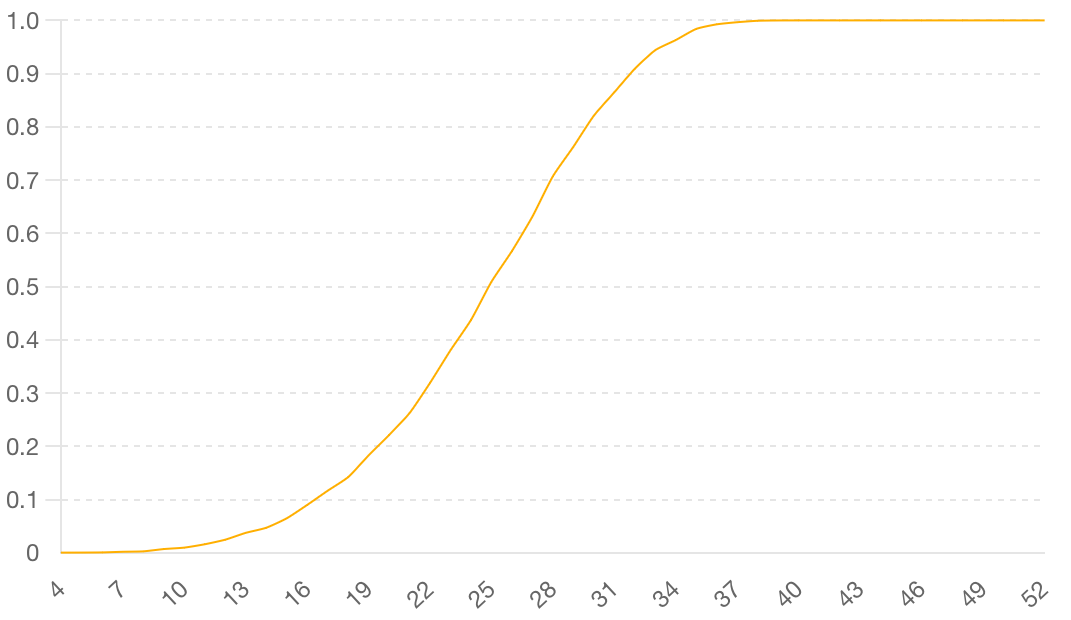Kemps
On a recent family vacation, we played a few games of Kemps. If you’re not familiar with this card game, read the rules here or read this to see why it’s great. For a choice quote:
It’s a riot. It’s a card game playable with a standard deck, but it’s also pure chaos. Real-time, limited communication, partners, secret signals that can be intercepted, card counting, bluffing, double-bluffing, furious card swaps, there’s a lot going on. Most sessions end in yelling or laughing. Or ideally, both.
Very briefly, the objective of the game is to get “four-of-a-kind” by swapping cards with a shared pool in the middle of the table, and then signal to your partner that you’re done — without anyone else catching you.
If you play with four players, the game takes quite some time. However, if you play with eight players, the game often ends in the first or second round (and is pure, unadulterated chaos). While obviously more people = more playable cards (each player starts with four cards in their hand) = higher chance of four-of-a-kind being present, I was curious how this probability changes as a function of the number of players.
The task, then, is to estimate the probability of having four-of-a-kind present in a random selection of n cards from a standard 52-card deck. There’s certainly a first-principles method to calculate this probability, but I opted to skip the derivations and just simulate this task from random number generation. ChatGPT solved this pretty easily:
Here’s the result. $x = $ the number of cards in play in the first round, and $y = P_{4KR1}$, the probability of having four-of-a-kind present in the first round.

Summary:
| Number of players | Number of cards in play | $P_{4KR1}$ |
|---|---|---|
| 4 | 20 | 0.22 |
| 6 | 28 | 0.71 |
| 8 | 36 | 0.99 |
The number of cards in play is $4n+4$.
This very simple simulation neglects multi-round play (i.e., the fact that we discard 4 cards each subsequent round), but it’s clear why the game is so much faster with 8 players than with 4:
- With 4 players, it’s unlikely that four of a kind are initially present; since only 4 new cards are surfaced every round, the game often lasts many rounds.
- With 8 players, it’s almost certain that 4-of-a-kind is initially present, thus the game should end in the first round—unless, of course, players are not trying to collect 4-of-a-kind themselves and are actively preventing opponents from collecting their needed cards.